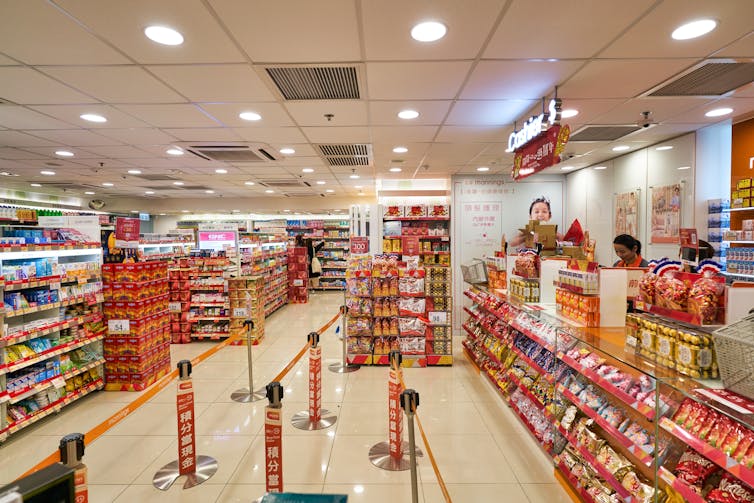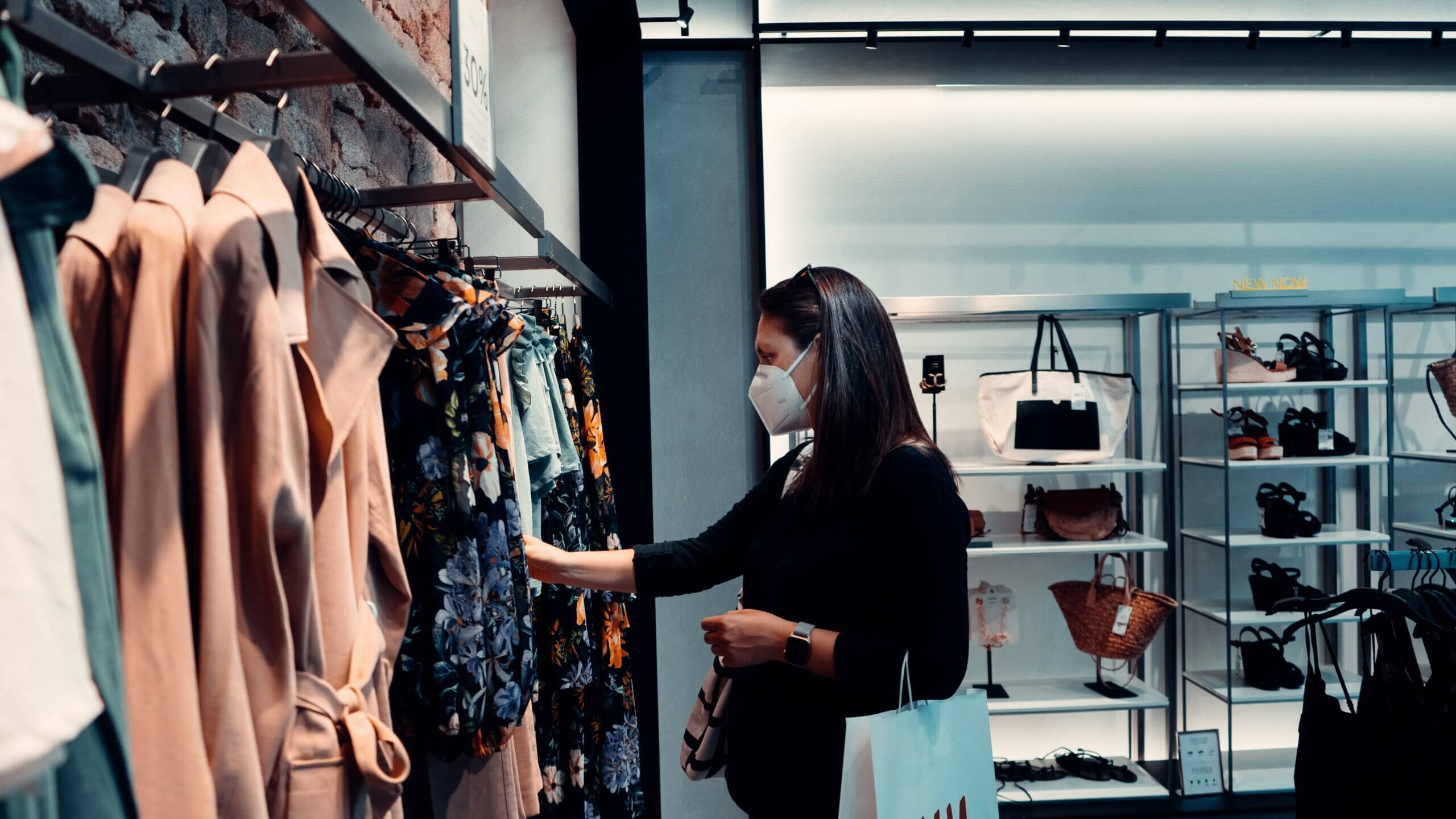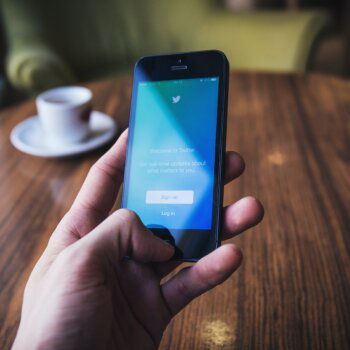Key Takeaways:
- You might think that you only buy what you need, when you need it.
- Why do shops like to move everything around?
- It increases feelings of shame and guilt, which in turn can lead to anxiety, stress and depression.
- This can happen when a consumer wants to continuously experience the feel-good “hit of dopamine”, so they fall into a pattern of buying more and more items until it gets out of control.
- But as shopping allows us to make choices – which shop to go to or whether we like an item – it can bring back a feeling of personal control and reduce distress.
- Ultimately, the key to resisting goods we don’t want, or need – and making healthy decisions – lies with us.
You might think that you only buy what you need, when you need it. But whether you are shopping for food, clothes or gadgets, the retailers are using the power of psychological persuasion to influence your decisions – and help you part with your cash.
If you think back, I’ll bet there’s a good chance that you can remember walking into a grocery store only to find the layout of the shop has been changed. Perhaps the toilet paper was no longer where you expected it to be, or you struggled to find the tomato ketchup.
Why do shops like to move everything around? Well, it’s actually a simple answer. Changing the location of items in a store means that we, the customers, are exposed to different items as we wander around searching for the things we need or want. This ploy can often significantly increase unplanned spending, as we add additional items to our baskets – often on impulse – while spending more time in the shop.
Buying on impulse
In fact, studies suggest that as much as 50% of all groceries are sold because of impulsiveness – and over 87% of shoppers make impulse buys.
While it is complicated and affected by many factors, such as a need for arousal and lack of self-control, it is known that external shopping cues – “buy one get one free” offers, discounts and in-store promotional displays, for example – play a key role.
An appealing offer can lead to a rush of temporary delight, and this makes it harder to make a rational buying decision. We’re overcome by the perceived value of the “saving” if we buy the item in the here and now – so we ignore other considerations such as whether we really need it. The need for instant gratification can be hard to ignore.
Bundling is another technique that retailers use to trigger impulse buying.
You’ve probably seen it quite often. Complementary products are packaged together as one product, with one price, which often provides a substantial discount. Game consoles, for example, are often sold together with two or three games, and grocery stores have “meal deal” bundles and even web pages dedicated to a whole range of bundle offers.
Shopping can be friend or foe
While these strategies can help to swell the profits of retailers, they can also contribute to problems for their customers.
Impulse buying can undoubtedly affect a consumer’s mental wellbeing. It increases feelings of shame and guilt, which in turn can lead to anxiety, stress and depression.
And it’s potentially even more serious when buying on impulse leads to excessive buying, especially if people spend money they don’t have.
But there are some positives, too.
Online shopping has been found to give a dopamine boost, as it is released into our brains when we anticipate pleasure. So while we wait for our purchases to arrive, we tend to feel more excitedthan if we had bought things in store.

If this pleasurable feeling is well managed, then there’s no harm in it. But, sadly, it doesn’t always end there. That fleeting feeling of pleasure can sometimes lead to the onset of a shopping addiction. This can happen when a consumer wants to continuously experience the feel-good “hit of dopamine”, so they fall into a pattern of buying more and more items until it gets out of control.
On the flip side of the coin, shopping can help restore a person’s sense of control.
When we’re feeling unhappy or anxious, we tend to think that everything is out of our control. But as shopping allows us to make choices – which shop to go to or whether we like an item – it can bring back a feeling of personal control and reduce distress. So it can be a more meaningful activity than many think.
Retailers can help us too
While retailers might not be keen to reduce the amount of shopping we do, they could, if they wish, help to influence our buying decisions more positively.
There is a pressing need to combat obesity in most countries of the world. That’s why the UK government has decided to restrict the promotions of unhealthy foods – those high in free sugars, salt and saturated fats – in prominent store locations from October 2022.
It’s a strategy that could help.
Removing tempting treats from the checkouts can help to reduce the amount of sugary foods that are bought – in some cases by as much as 76%.

And a recent study found that by increasing the availability and promotions of healthier food options (such as stocking low-fat chips next to regular chips) – and making them more visiblethrough positioning and clever use of signage – shoppers can indeed be encouraged to make better choices.
Ultimately, the key to resisting goods we don’t want, or need – and making healthy decisions – lies with us. It helps to be conscious of what we are doing while shopping. A good personal strategy is to try to browse less and use a shopping list instead – and try to only buy what’s on it. But be kind to yourself, because it can be easier said than done.





























